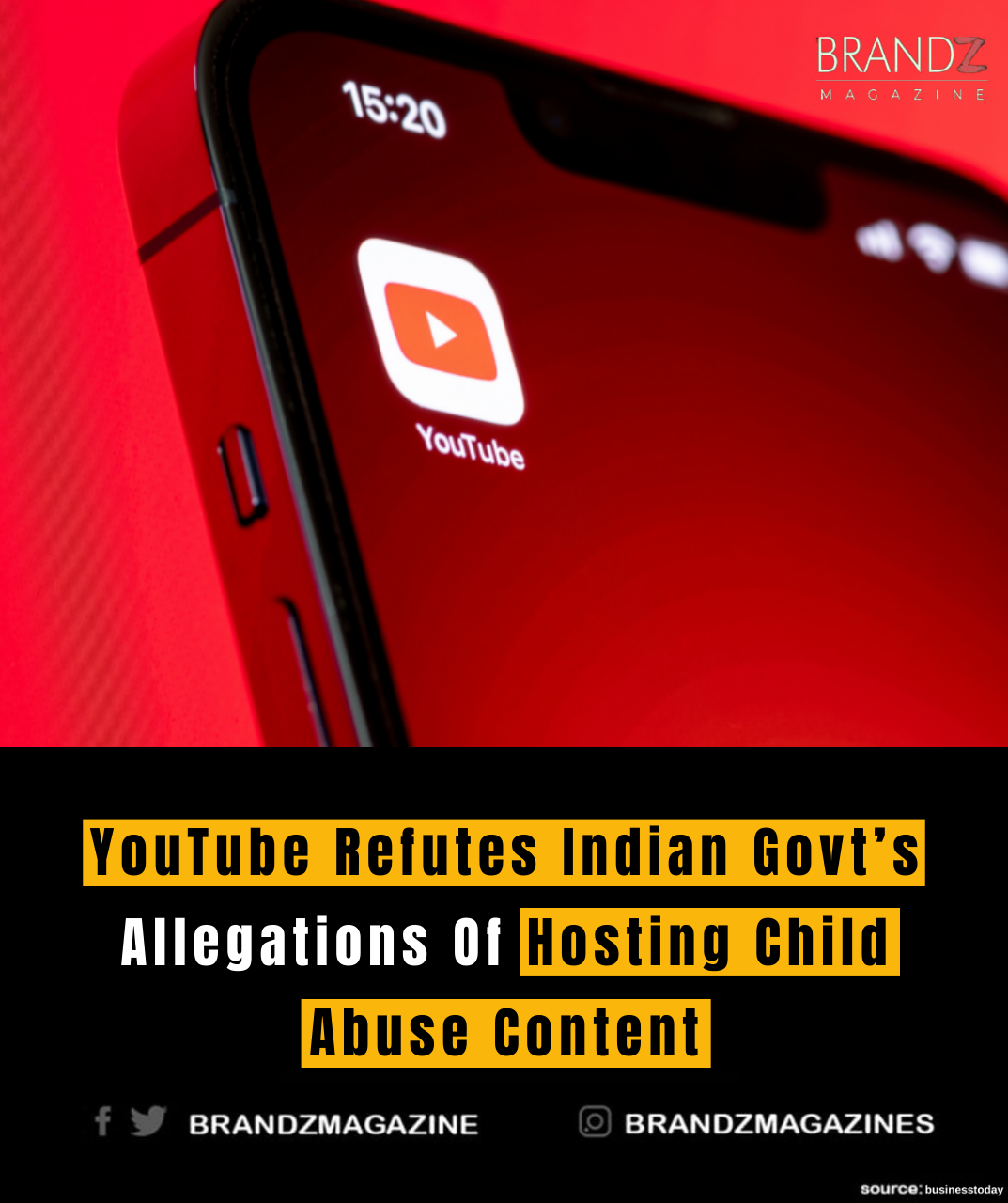
YouTube, the popular video-sharing platform owned by Google, is pushing back against allegations made by the Indian government that the platform hosts child abuse content. The Indian government recently made claims that YouTube was not doing enough to combat the spread of harmful content featuring minors. In response, YouTube has issued a statement defending its content moderation practices and outlining its commitment to keeping the platform safe for all users.
The controversy began when India’s Ministry of Women and Child Development issued a notice to YouTube, expressing concerns over the presence of content that could potentially harm children on the platform. The ministry urged YouTube to take stricter measures to remove such content promptly. It argued that some content was sexually explicit, abusive, and even exploitative of children.
YouTube, in its response, acknowledged the seriousness of the issue and outlined the extensive measures it has in place to protect children online. The platform stated that it has a zero-tolerance policy for any content that endangers children and that its community guidelines clearly prohibit such material.
The company also emphasized its ongoing investment in advanced technology and human moderation to proactively identify and remove inappropriate content. YouTube claims to use a combination of automated systems and human reviewers to identify and remove content that violates its policies.
YouTube also highlighted its use of artificial intelligence to detect and restrict potentially harmful content, such as child abuse material. The company has been actively working on improving its algorithms to better identify and remove inappropriate content, including material featuring minors. It is committed to ongoing improvements in these areas to maintain a safe online environment.
YouTube stated that it has a dedicated team responsible for reviewing and removing content that violates its policies, and this team is focused on addressing content involving minors. Furthermore, the platform encourages users to report any content they find inappropriate or harmful, allowing the community to be an active part of the moderation process.
The company highlighted its partnerships with various organizations, both in India and globally, that are focused on child safety. These partnerships aim to develop best practices, share knowledge, and improve the tools used for content moderation. YouTube sees collaboration with these organizations as essential to effectively address this critical issue.
Additionally, YouTube expressed its willingness to work with the Indian government to resolve these concerns and further enhance child safety on the platform. The company believes that a cooperative approach, involving the government, the platform, and the wider community, is essential in creating a safer online environment for children.
The Indian government’s concerns are not unique to YouTube. Social media platforms have faced similar challenges worldwide when it comes to content moderation, especially concerning the safety of children. These platforms have had to strike a balance between maintaining free expression and protecting users from harmful content.
It is important to acknowledge that content moderation is a complex and evolving process. Striking the right balance between freedom of expression and protecting users, particularly children, is a challenging task for online platforms.
While YouTube’s commitment to child safety is evident, the Indian government’s

